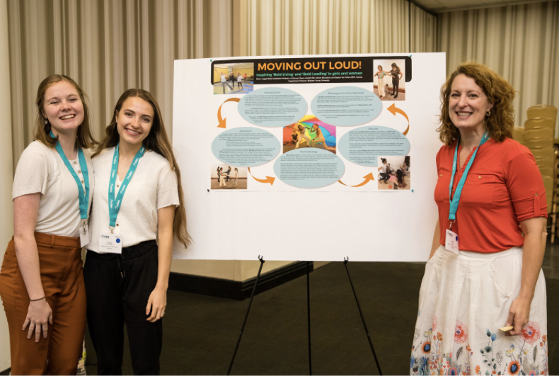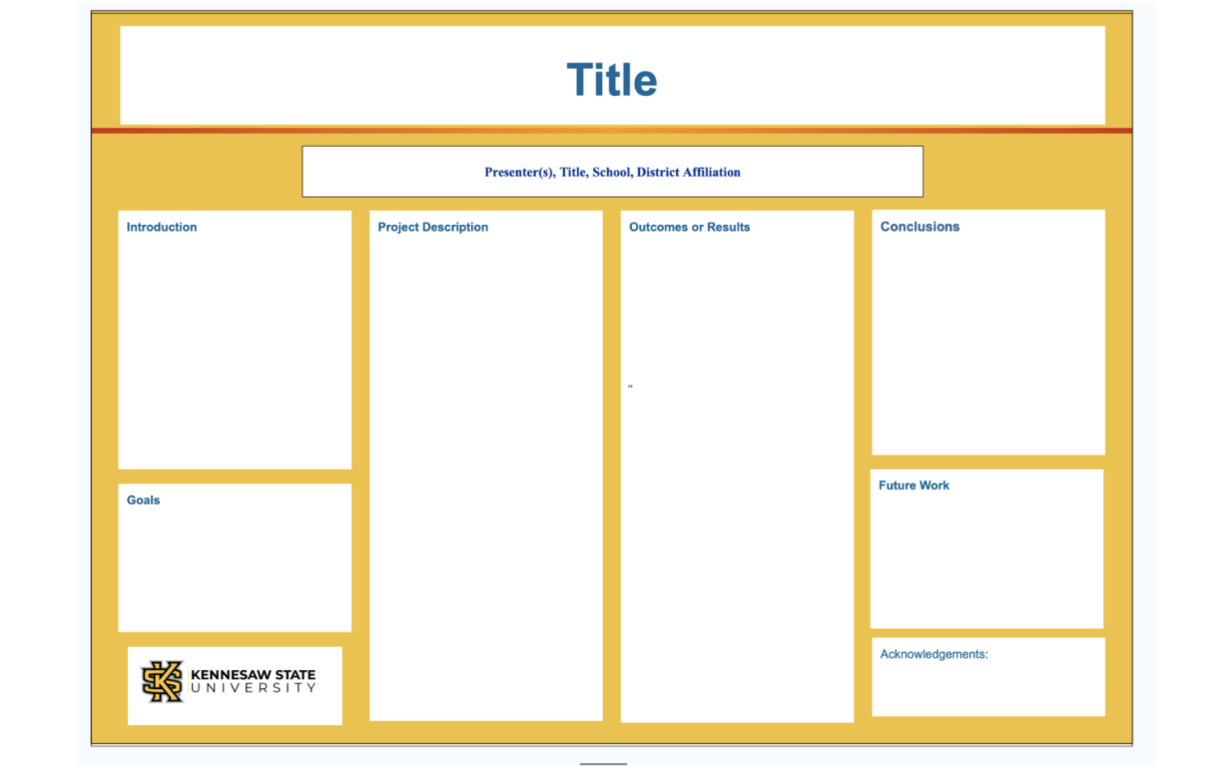Conference Theme
The theme of our conference, "You Matter: Believe, Excel, & Celebrate" is a powerful reminder of the vital role you play in the lives of your students as ESOL teachers. Every day, you are the bridge that connects your students to a world of language and opportunity. Believe in your ability to inspire, empower and advocate for students. Continue to help them excel. Celebrate all the successes you achieve. This conference is about recognizing that you as educators truly matter.










